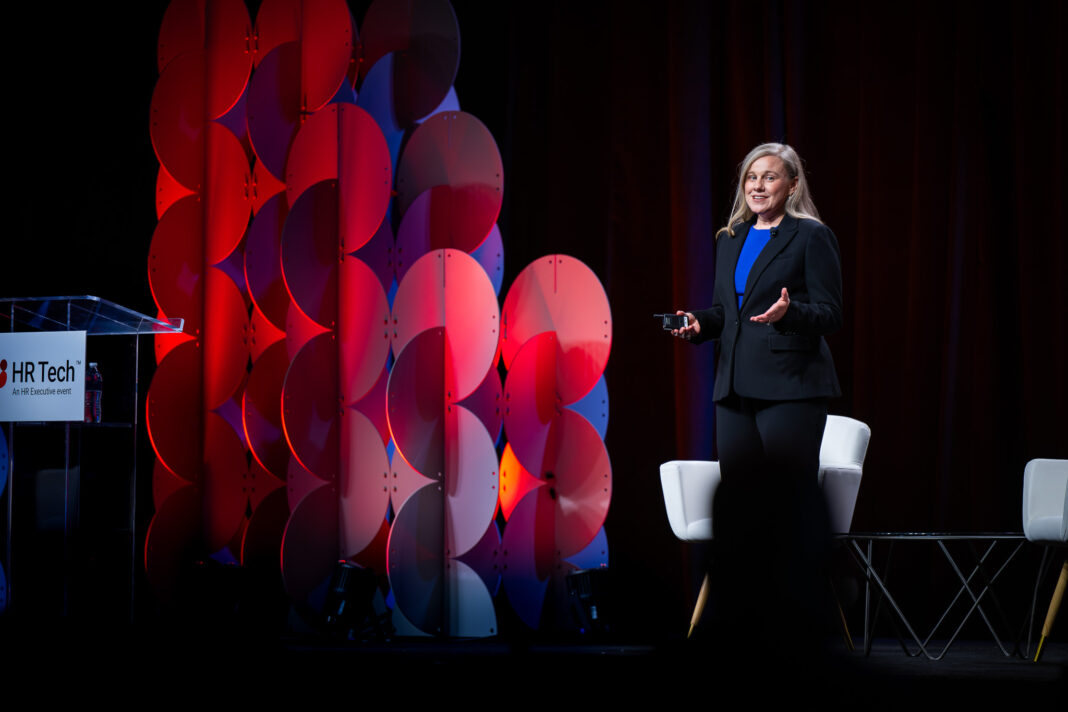Malaysia pushes for Progressive Wage Policy amid employer concerns
- Josephine Tan
- Topics: Compensation and Benefits, Home Page - News, Malaysia, News

The Malaysian government has taken a significant step towards addressing wage disparities within the private sector through the Progressive Wage Policy (PWP). A pilot programme, rolled out from June to December last year, saw notable salary increases for eligible employees.
According to Economy Minister Rafizi Ramli, the initiative has led to a rise in the median salary starting for entry-level employees, from RM1,950 (US$433.21) to RM2,200 (US$488.75) per month, an increase of RM250 (US$50.54). Experienced employees saw a similar boost, with their median salary rising from RM2,200 to RM2,400 (US$533.16) per month, reflecting a RM200 (US$44.43) increase.
Building on these positive results, the government has committed to expanding the programme in 2025, with an allocation of RM200 million (US$44.4 million) benefitting 50,000 employees. The move is part of a broader strategy to address Malaysia’s cost-of-living challenges and to foster a high-income economy. The government is also offering incentives to employers, particularly to align entry-level salaries with occupation-based guidelines and ensure a minimum annual salary increase of 6% for eligible non-entry-level employees.
Despite the promising outcomes, the programme’s implementation has not been without challenges. Economists, including Associate Professor Dr Irwan Shah Zainal Abidin from Universiti Utara Malaysia, have pointed to the difficulty in gaining widespread support from employees, particularly micro, small, and medium enterprises (MSMEs).
Dr Irwan highlighted the while the progressive wage model aims to reduce income inequality, its success hinges on its effective execution, which remains a key challenge. Organisations with higher profits are generally supportive, but those struggling financially have expressed concerns about the feasibility of adopting the policy.
READ MORE: Malaysia launches National AI Office to propel digital economy
The government’s focus on ensuring fairer wages for employees in profitable sectors has garnered support from various stakeholders. Yusrizal Yusoff, President of the Consumers Association of Kedah, emphasised the wage disparity between company profits and employees’ salaries, particularly among those in lower pay grades. The association has called for increased scrutiny of companies’ operational costs and salary structures to ensure employees benefit from higher wages.
A survey by the Malaysian Employers Federation (MEF) in November revealed that only small percentage of eligible organisations participated in the PWP pilot, citing insufficient financial incentives. However, the government’s recent budget allocation for the programme and continued emphasis on wage increases for government-linked companies (GLCs) and large organisations are expected to help bolster the initiative’s effectiveness.
The government’s goal is to foster an environment where higher wages and improved employee productivity contribute to better quality of life for employees, while also helping employers enhance performance. Prime Minister Datuk Seri Anwar Ibrahim has indicated that pushing for better wages among GLCs and highly profitable organisations will remain a priority in 2025, reported New Straits Times.






